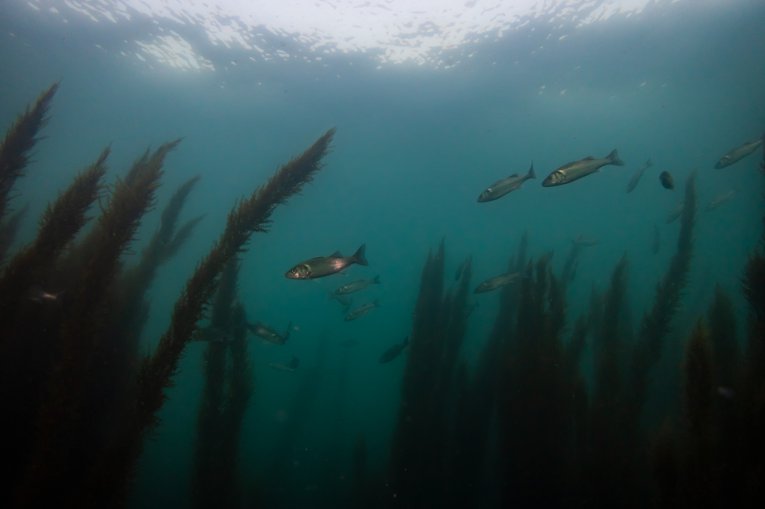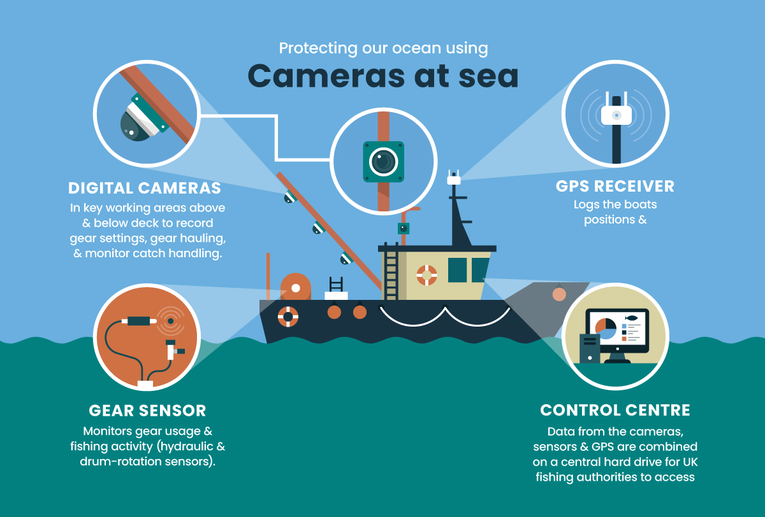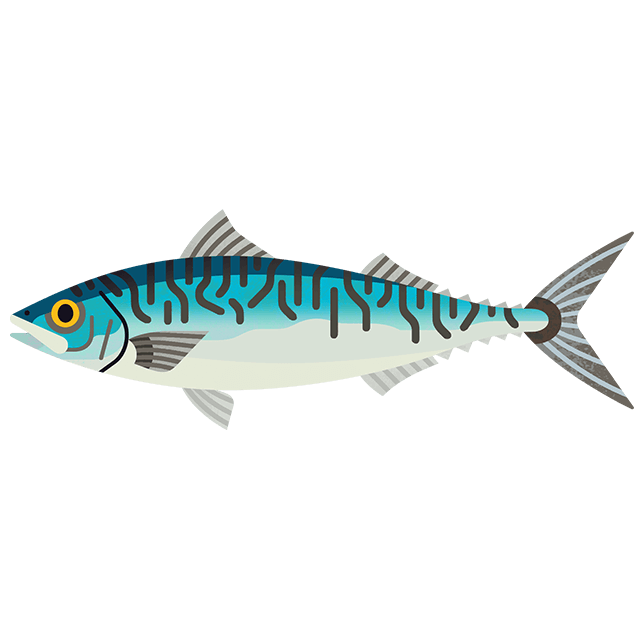
117 seafood ratings reviewed in latest Good Fish Guide update
We've updated our Good Fish Guide in line with the latest scientific advice, and it shows that only 13% of UK wild caught seafood ratings are a sustainable choice.
Our latest Good Fish Guide ratings clearly show that the UK has a long way to go in achieving world-class sustainability in seafood.
With over 600 ratings on the Guide, this autumn's update reviewed 117 of them, with 19 moving down the sustainability scale.
When it comes to seafood caught in UK seas, only 13% of our ratings are green. The majority (62%) are amber rated, showing improvements are needed.
Charlotte Coombes, Good Fish Guide Manager: "With the majority of UK ratings in the Good Fish Guide staying on amber, it is evident that the UK has yet to fulfil its commitment to achieving world-class sustainability in fisheries. In this latest update, an additional 12 ratings have regrettably received red ratings.”
Urgent and improved fisheries management is imperative for the sake of our seas.
The UK Government’s Department for Environment, Food and Rural Affairs (DEFRA) has released a suite of consultations on the future management of UK fisheries, including details of new, highly anticipated Fisheries Management Plans (FMPs).
These are intended to be ‘on-the-water' delivery mechanisms for the Fisheries Act, but there is concern from environmental organisations about the lack of proposed action, meaningful timelines and the sheer number of important consultations under review at the same time.
Dr Kenneth Bodles, Head of Fisheries and Aquaculture said, “While we welcome these first draft Fisheries Management Plans, they are scant on details.
“These plans should outline clear short- and long-term management options. They should bring forward strong proposals for monitoring, assessment and control, and include clear targets to restore stocks, minimise bycatch, monitor habitat impacts and maximise economic and social benefits. However, the current plans fail to deliver the management needed”
It’s vital that all fisheries stakeholders have their voice heard for truly informed and sound policy development.
Dr Kenneth Bodles, Head of Fisheries and Aquaculture

Credit: Georgie Bull
In the first of almost 50 new plans for UK seas, DEFRA have produced drafts for six ‘frontrunner FMPs’, including species such as lobsters, scallops, and cuttlefish.
Cuttlefish is mostly red rated on the Good Fish Guide, reflecting the need for better management and data collection. Very little is known about the population size, but with several thousand tonnes being caught each year and mostly exported to Europe, it's an incredibly valuable fishery.

We want to see widespread roll out of cameras on boats, or Remote Electronic Monitoring with cameras (REM), which would monitor what’s being caught and provide data to support scientists and governments in making informed decisions about how much seafood to catch.
Nicola Cusack, our Fisheries Policy Officer, said, “Data and better management go hand-in-hand. You can't have well managed fisheries without knowing what’s happening below the surface, and on boats. How we interact with the ocean is fundamental to keeping it vibrant and full of life. We need to maintain the health of our seas to support livelihoods, our culture and food production.”
“It is possible to recover fish stocks to sustainable levels, protect and restore the marine environment, and secure fishing in the UK as a world class example of good management. But it’s time to move on from plans and into action.”
Take a look at what swaps you could make and visit our Good Fish Guide to see how sustainable the seafood on your plate is.



